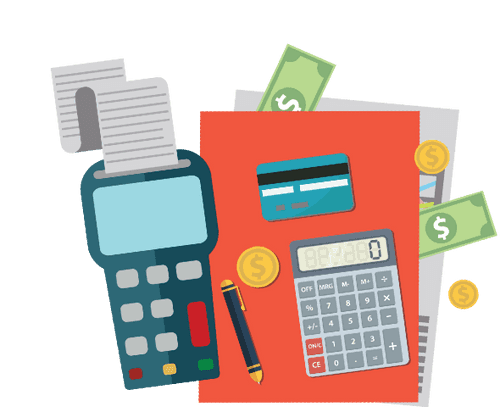You’ve finally closed on your dream home. You’ve overcome the hurdle of putting in an offer, getting it accepted by the seller, and qualifying for a mortgage. So, what’s next? As a homeowner, you’re not exactly “done.” There are several other financial considerations to review after the closing of your home to ensure you’re prepared to successfully manage this investment over time. Here’s a checklist of seven things to do:
1. Set Up Your Mortgage Payments
First, you’ll want to ensure that your mortgage payments are set up properly with your financial institution. This includes choosing the right frequency for your payments—whether that’s monthly, bi-weekly, or weekly. Automating these payments is always a good idea because it not only simplifies managing your finances, but it prevents you from missing payments.
2. Review Mortgage Terms and Conditions
Read the fine print – it matters. Take the time to understand your interest rate, the term length, payment options, and any penalties for early repayment. Knowing these factors is crucial for managing your mortgage effectively and planning for potential refinancing or adjustments in the future.
3. Budget for Monthly and Unexpected Costs
When you own a home, your financial obligations go beyond your mortgage payments. Ongoing expenses that need to be factored into your budget include property taxes, home insurance, maintenance costs, and utility bills. You’ll also want to set aside a fund for unexpected repairs like plumbing, HVAC or roof repairs to avoid financial stress or any surprises that may come your way.
4. Apply for Homeowner Incentives and Rebates
Explore your eligibility for homeowner incentives and rebates. For instance, some Canadian provinces offer rebates on land transfer taxes or provide incentives for making your home more energy-efficient, which can provide significant savings.
5. Consider Mortgage Insurance
If not already done, consider obtaining mortgage life insurance, which can pay off the balance of your mortgage in case of death, ensuring that your family does not inherit the debt. This is different from home insurance, which covers damage to your property.
6. Plan for Property Tax Payments
Understand how property taxes are assessed in your area and when payments are due. Some homeowners prefer to manage this separately, while others may bundle these payments in their monthly mortgage payment. To avoid penalties, make sure you are aware of deadlines.
7. Lookout For Refinancing Opportunities
Over the past few years, we have seen interest rates fluctuate from low to high and high to steady. Depending on where rates land, it may be beneficial to refinance your mortgage under more favourable terms. Stay informed about current rates and trends in the housing market to make educated decisions about refinancing, or contact a member from our team at Homewise and we can help you determine if refinancing is the best option for you.







